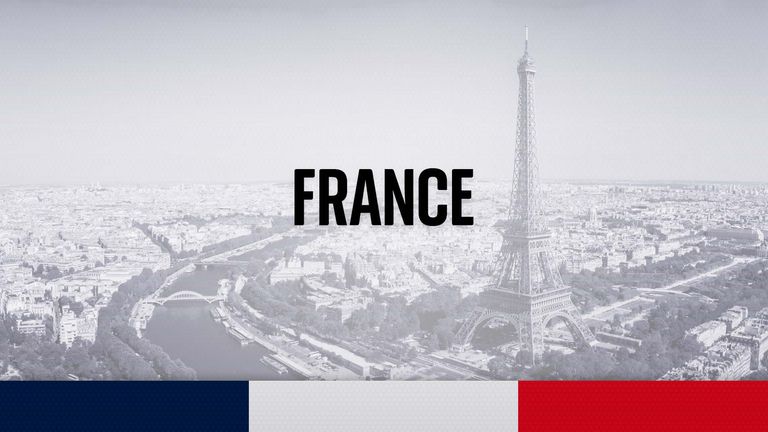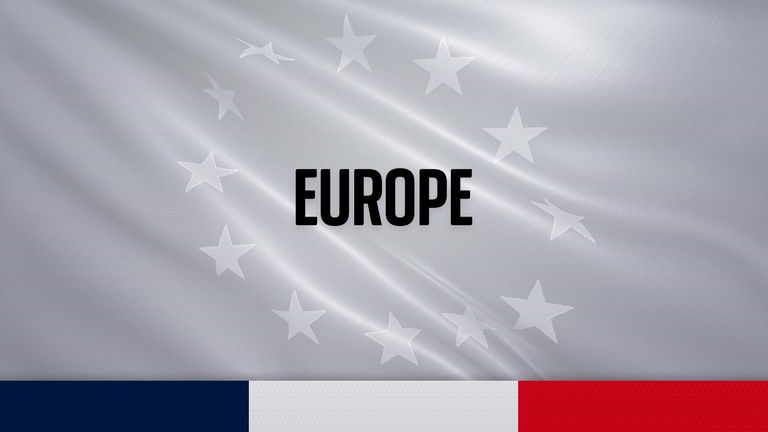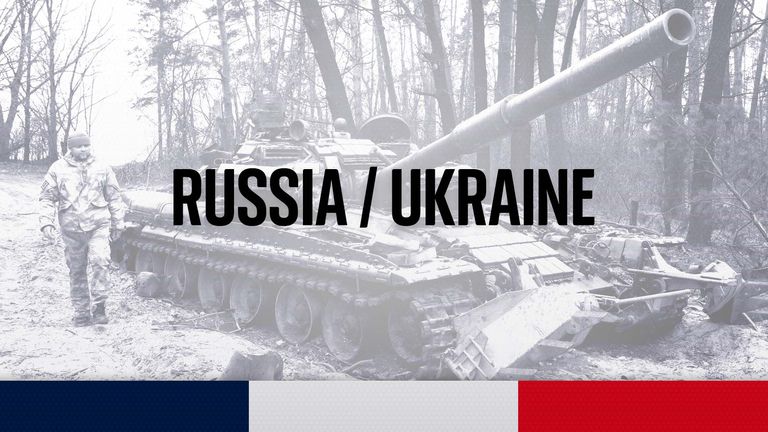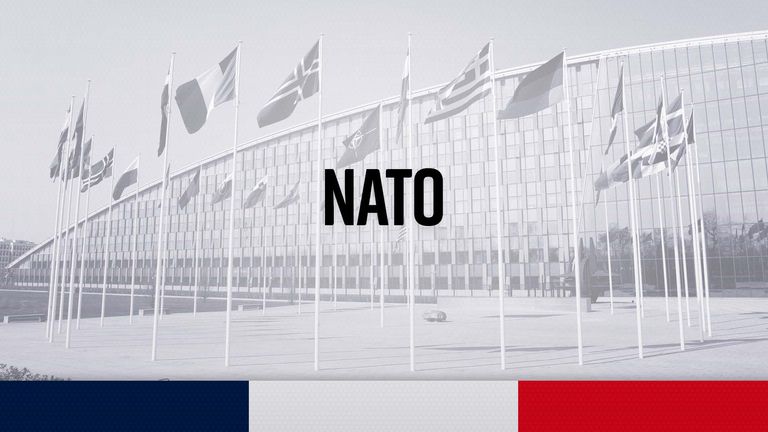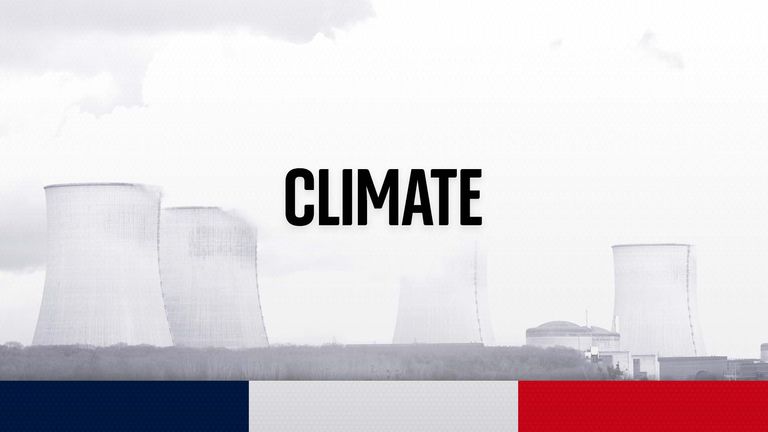[ad_1]
Emmanuel Macron may have defeated Le Pen, but many of the issues raised during the campaign may force him to focus his energies more on domestic issues.
Here we take a look and some elements of Mr Macron’s vision:
Mr Macron is no longer seen as the outsider he once was since he swept to power in a radical reshaping of French politics in 2017. The enthusiasm for a new kind of politics that resulted in candidates from the French left and right not even making the run-off in 2017 has dwindled, as he has become established.
Read more: Macron will be re-elected after convincing defeat of far-right rival Le Pen
In its place, there have been widespread protests throughout the last five years, led by a large group of people who have felt he has not represented their interests – particularly in his drive to simplify employment laws, which could be said to be a mainstay of the French identity.
Mr Macron’s dynamic, sometimes domineering style has been interpreted by some as arrogant, further aggravating those who have opposed him, including the at-times riotous Gillet Jaunes (yellow vests). If he wins, Mr Macron has pledged to go further with his liberalising reforms, and to increase the pension age from 62 to 65. Analysts have said they expect more protests to follow.
Mr Macron is a signed-up Euro enthusiast – and has made plain his ambitions for the bloc repeatedly over the last five years, throughout which the Brexit process stiffened his resolve. He currently holds the presidency of the Council of Europe and has used the opportunity to champion solidarity and democracy – also cornerstones of the French identity – as being at the heart of the European project.
Read more: Marine Le Pen concedes defeat – follow live updates
His plans for the next five years include enhancing the rights of Europeans, reducing European dependence on imported coal, gas and oil and increasing the bloc’s reliance on its own essential infrastructure and technologies. Among the issues he has repeatedly returned to is the drive for a common approach in the use of European armies, with the aim of making Europe a military power in itself.
For a while, it looked as though Mr Macron may be the West’s main hope of averting a war in Ukraine, as the French president was having regular conversations and sharing occasional visits with Vladimir Putin. But the invasion of Ukraine made him instantly appear more naïve than he might have wanted, wrongfooted by the Russian leader.
Despite Mr Putin launching a war, Mr Macron continued to try to talk, until the scale and sheer brutality of Russia’s actions became too much and he has since said he has ended his dialogue and is now showing his clear support for Ukraine.
He has stopped short of agreeing with other Western leaders that Russia’s actions constitute genocide, possibly to keep the door open to the Kremlin for future negotiations. Nonetheless, he has backed sending arms to Ukrainian forces and stepping up sanctions on Russia.
As a firm pro-European, Mr Macron is wedded to the established framework of collective Western defence that relies on NATO. France was one of the founding members of the pact, and while it was withdrawn from the command structure that allows the group to take collective action using joint forces from 1966 to 2009, it has taken part in many NATO missions over the years.
Since Mr Macron became president, France has continued to make significant contributions to NATO efforts, despite also undertaking non-NATO operations like its intervention in the Sahel, which it has since withdrawn from.
In demonstrating his commitment to NATO, under Mr Macron, France’s defence spending has risen to the 2% of GDP minimum threshold advocated by the US and he has pledged to continue at that level, with plans for tie-ups with other EU countries.
A number of commentators have said that with rising support among the far right, Mr Macron has pivoted to the right from his typically centrist positions, with pledges on immigration coming in its wake.
He has said he wants to reform Schengen to strengthen European borders, to create a national ‘border force’ to shore up national borders, to overhaul asylum procedures to speed up decisions and to expel foreigners who break the law.
France has come under scrutiny for the extent to which it is committed to the goals of the Paris climate agreement, with Extinction Rebellion protests seen in the last week in the country’s capital. It has resulted in Mr Macron asserting his enthusiasm for his country’s 2050 net-zero target and backing plans he said will enable them to achieve it.
Among them are plans to massively upscale solar, offshore wind and nuclear and, he said, Europe should bring in a carbon tax on anyone within its borders.
He also promised more public transport nationwide to wean people off cars.
[ad_2]
Source link
